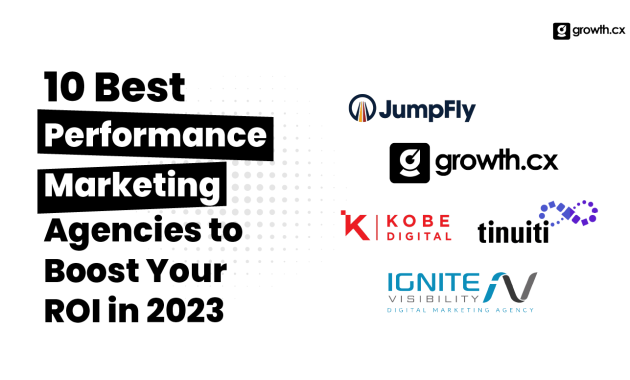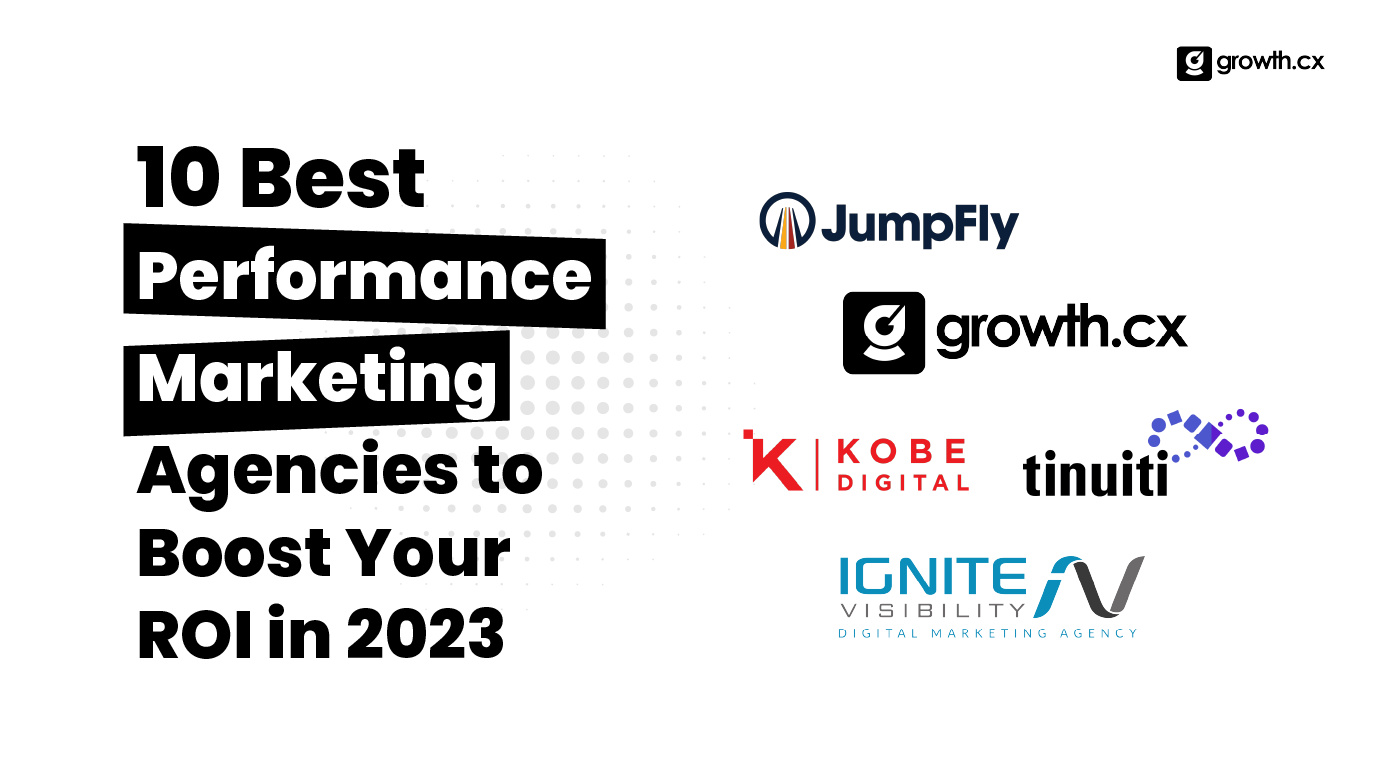
Boost ROI with Business Intelligence Software for Agencies: A Data-Driven Approach
In today’s fast-paced digital landscape, agencies are constantly under pressure to deliver exceptional results and demonstrate tangible value to their clients. Amidst this environment, the ability to make informed decisions quickly and efficiently is paramount. This is where Business Intelligence (BI) software comes into play, offering agencies a powerful tool to analyze data, identify trends, and ultimately, boost ROI. This article delves into how agencies can leverage Business Intelligence software to achieve superior outcomes. We will explore its functionalities, benefits, and real-world applications.
Understanding the Power of Business Intelligence
Business Intelligence is not just about collecting data; it’s about transforming raw data into actionable insights. It encompasses a range of processes, technologies, and applications used to gather, analyze, and interpret data. The goal is to provide agencies with the information they need to make smarter, more strategic decisions. This helps agencies optimize their operations, improve client satisfaction, and, most importantly, boost ROI.
The core components of Business Intelligence include data warehousing, data mining, online analytical processing (OLAP), and reporting. Each of these components contributes to a comprehensive understanding of an agency’s performance, client behavior, and market trends.
Key Benefits for Agencies
Implementing Business Intelligence software offers a multitude of advantages for agencies:
- Improved Decision-Making: BI tools provide real-time data and analytics, enabling agencies to make data-driven decisions rather than relying on guesswork or intuition.
- Enhanced Client Reporting: Agencies can generate comprehensive reports that showcase the impact of their campaigns. This transparency strengthens client relationships.
- Optimized Campaign Performance: By analyzing campaign data, agencies can identify areas for improvement and optimize their strategies for maximum effectiveness. This leads to better results.
- Increased Efficiency: BI software automates many data-related tasks, freeing up agency staff to focus on more strategic initiatives.
- Competitive Advantage: Agencies that leverage BI gain a significant edge by understanding their clients and markets better than their competitors.
Essential Features of Business Intelligence Software
To effectively boost ROI, agencies should look for BI software with these critical features:
- Data Visualization: Interactive dashboards and visualizations that make complex data easy to understand.
- Reporting and Analytics: The ability to generate custom reports and conduct in-depth analysis of key metrics.
- Data Integration: Seamless integration with various data sources, including marketing platforms, CRM systems, and social media channels.
- Predictive Analytics: The capability to forecast future trends and anticipate potential challenges.
- Collaboration Tools: Features that enable teams to share insights and collaborate on data-driven projects.
Real-World Applications: How Agencies Can Boost ROI
The application of Business Intelligence software is diverse. It spans across various agency functions. Here are some specific examples:
- Marketing Agencies: Analyze campaign performance, identify high-performing channels, and optimize ad spend to boost ROI.
- Digital Marketing Agencies: Track website traffic, understand user behavior, and optimize content strategies for improved engagement and conversions.
- Advertising Agencies: Measure the effectiveness of advertising campaigns. Identify the most effective strategies for clients to increase their ROI.
- Public Relations Agencies: Monitor media coverage, track brand sentiment, and measure the impact of PR efforts.
These examples demonstrate how agencies can use Business Intelligence software to derive valuable insights and achieve measurable results. By focusing on data-driven decisions, agencies can allocate resources more effectively and achieve the best possible outcomes for clients.
Selecting the Right Business Intelligence Software
Choosing the right Business Intelligence software is crucial for success. Agencies should consider the following factors:
- Ease of Use: The software should be user-friendly and intuitive. This will help with quick adoption by the team.
- Scalability: The software should be able to handle growing data volumes as the agency expands.
- Integration Capabilities: Ensure the software integrates with existing systems and data sources.
- Cost: Evaluate the pricing models and ensure they align with the agency’s budget.
- Vendor Support: Choose a vendor that offers excellent customer support and training resources.
Conduct thorough research and compare different solutions before making a decision. Consider free trials to evaluate the software’s features and functionality.
Implementing Business Intelligence: A Step-by-Step Guide
Implementing Business Intelligence software requires a structured approach. Here’s a step-by-step guide:
- Define Objectives: Clearly define the business goals and key performance indicators (KPIs) that the agency wants to track.
- Identify Data Sources: Determine the relevant data sources, such as marketing platforms, CRM systems, and website analytics.
- Choose a BI Tool: Select the appropriate BI software based on the agency’s needs and budget.
- Integrate Data: Connect the BI software to the identified data sources and ensure data integrity.
- Create Dashboards and Reports: Build custom dashboards and reports to visualize and analyze key metrics.
- Train Staff: Provide training to agency staff on how to use the BI software effectively.
- Analyze and Iterate: Continuously analyze data, identify trends, and refine strategies to boost ROI.
Overcoming Challenges
While Business Intelligence software offers significant benefits, agencies may encounter certain challenges:
- Data Quality: Ensuring data accuracy and consistency is critical. Implement data governance policies and data cleaning processes.
- Data Security: Protect sensitive client data by implementing robust security measures.
- Complexity: BI software can be complex. Provide adequate training and support.
- Integration Issues: Address any integration issues with existing systems.
By addressing these challenges proactively, agencies can maximize the value of their BI investments.
The Future of Business Intelligence for Agencies
The future of Business Intelligence for agencies is promising. Advancements in artificial intelligence (AI) and machine learning (ML) are transforming the way agencies analyze data and make decisions. Agencies will likely see the following:
- Increased Automation: AI-powered tools will automate data analysis and generate insights.
- Enhanced Predictive Analytics: ML algorithms will improve predictive accuracy.
- Personalized Insights: Agencies can get tailored insights that are specific to their clients.
- Data Democratization: BI tools will become more accessible to all agency staff, not just data experts.
By embracing these advancements, agencies can stay ahead of the curve and boost ROI even further.
Conclusion: Harnessing Data to Drive Agency Success
Business Intelligence software is a game-changer for agencies. It empowers them to make data-driven decisions. It helps agencies optimize their operations, improve client satisfaction, and boost ROI. By investing in the right BI tools and adopting a data-driven approach, agencies can thrive in today’s competitive landscape. The use of Business Intelligence software is the key to success for modern agencies. Agencies should embrace data to drive their success. It is a critical investment for the future.
[See also: Related Article Titles]
